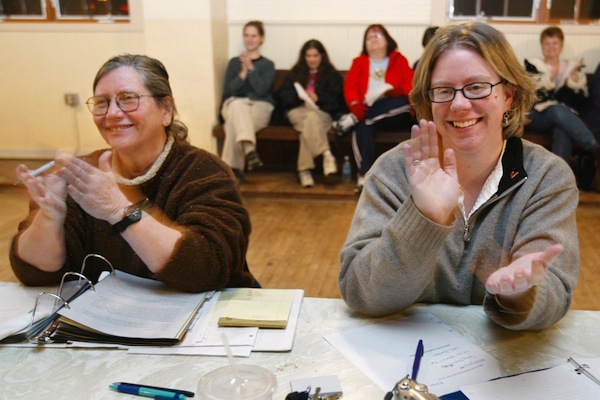The fragmented Egyptian secular and liberal opposition united to protest Egyptian President Mohamed Morsi‘s recent decrees vastly expanding his executive power.
Morsi’s decrees limited the power of the judiciary by protecting the constitutional drafting committee from dissolution and declaring that Morsi’s decisions would no longer be subject to judicial review. The Wall Street Journal reported Nov. 27 that according to Morsi, “the decree was aimed at cleansing Egypt’s judiciary from ex-regime judges intent on reversing the country’s revolutionary gains.” In the wake of outcry against his decrees, Morsi has attempted to pacify the opposition by emphasizing the temporary nature of the decrees and meeting with the judiciary in an attempt to resolve the dispute.
However, the opposition has continued to demand that the government reverse the decrees. Although the opposition has faced internal divisions and secured less than a fourth of parliamentary seats in the first round of elections, the reaction to Morsi’s decrees has allowed secular and liberal groups to present a united front. The Christian Science Monitor reported Nov. 27, 2012 that “For the moment, Morsi’s decree has united most of the non-Islamist, and even some moderate Islamist, groups in Egypt and brought tens of thousands of people to Tahrir Square.”
Morsi and his Freedom and Justice party, led by the Muslim Brotherhood, has faced rising suspicion of growing Islamist power. BBC news reported Nov. 26 that Morsi “told them that a decree banning challenges to his decisions would stand, but that it would be limited in scope.” However, as the LA Times stated Nov. 26, the Egyptian opposition remains “unsatisfied” by Morsi’s response thus far. #










